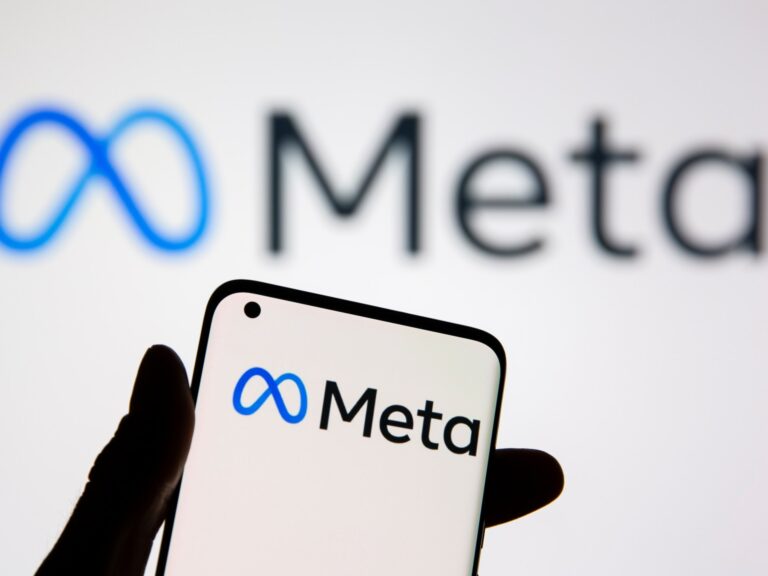Mandatory “pay or consent” advertising model violates digital markets law, Brussels says.
The European Commission (EC) has accused Meta of breaching the EU’s Digital Markets Act (DMA) via its new “pay or consent” advertising model.
The charge announced Monday follows the tech giant’s launch of the ad-free subscription service for Facebook and Instagram in Europe last November. The move is the latest taken by the European Union executive against Big Tech since the DMA came into force earlier this year.
Meta offers users the choice between being targeted by ads based on their personal data or paying to avoid them. The system was put in place after the EU ruled that Meta must obtain consent before showing ads to users – a decision that threatened its business model of personalizing ads based on each user’s online interests and digital activity.
However, the EC said this binary choice does not give users the ability to “freely consent” to the combination of their personal data from various sites operated by Meta.
A preliminary investigation also revealed that Meta fails to provide them with a less personalized but equivalent version of social networks.
“We want to empower citizens to take control of their own data and choose a less personalised advertising experience,” EU Competition Commissioner Margrethe Vestager said in a statement.
Violations of the DMA could result in a fine of up to 10% of a company’s annual worldwide revenue.
“The ad-free subscription follows the guidelines of Europe’s highest court and is compliant with the DMA,” Meta said in a statement. “We look forward to continuing the constructive dialogue with the European Commission to bring this investigation to a successful conclusion.”
The Commission has until next March to conclude its investigation. Privacy advocates and privacy watchdogs have also criticized Meta’s advertising model.
Probe series
The charge against Meta is the latest in a series of EC actions targeting Big Tech, a trend that has accelerated since the DMA took effect in March.
The move against operator Facebook comes a week after the EU watchdog issued its first DMA charge against Apple, saying Apple’s App Store rules break the rules by preventing developers from applications to direct consumers towards alternative offers.
In May, the EC launched an investigation against Meta regarding child safety on Facebook and Instagram, alleging potential violations of online content rules relating to child safety on its platforms.
Meta was also forced to add security features to its disinformation tracking tool CrowdTangle for use during June’s European Parliament elections, in a bid to allay EU concerns that sparked a investigation in April into the impact of Meta’s decision to phase out the tool.
In September 2023, the EU appointed 22 so-called “gatekeeper” services run by Alphabet, Amazon, Apple, Meta, Microsoft and TikTok owner ByteDance, giving them six months to comply with the DMA’s provisions.
Meta and TikTok appealed their decision to no longer be considered gatekeepers of internet access in November. TikTok lost that case in February.
Apple said in April that it would continue to work with the EC to comply with the rules.


